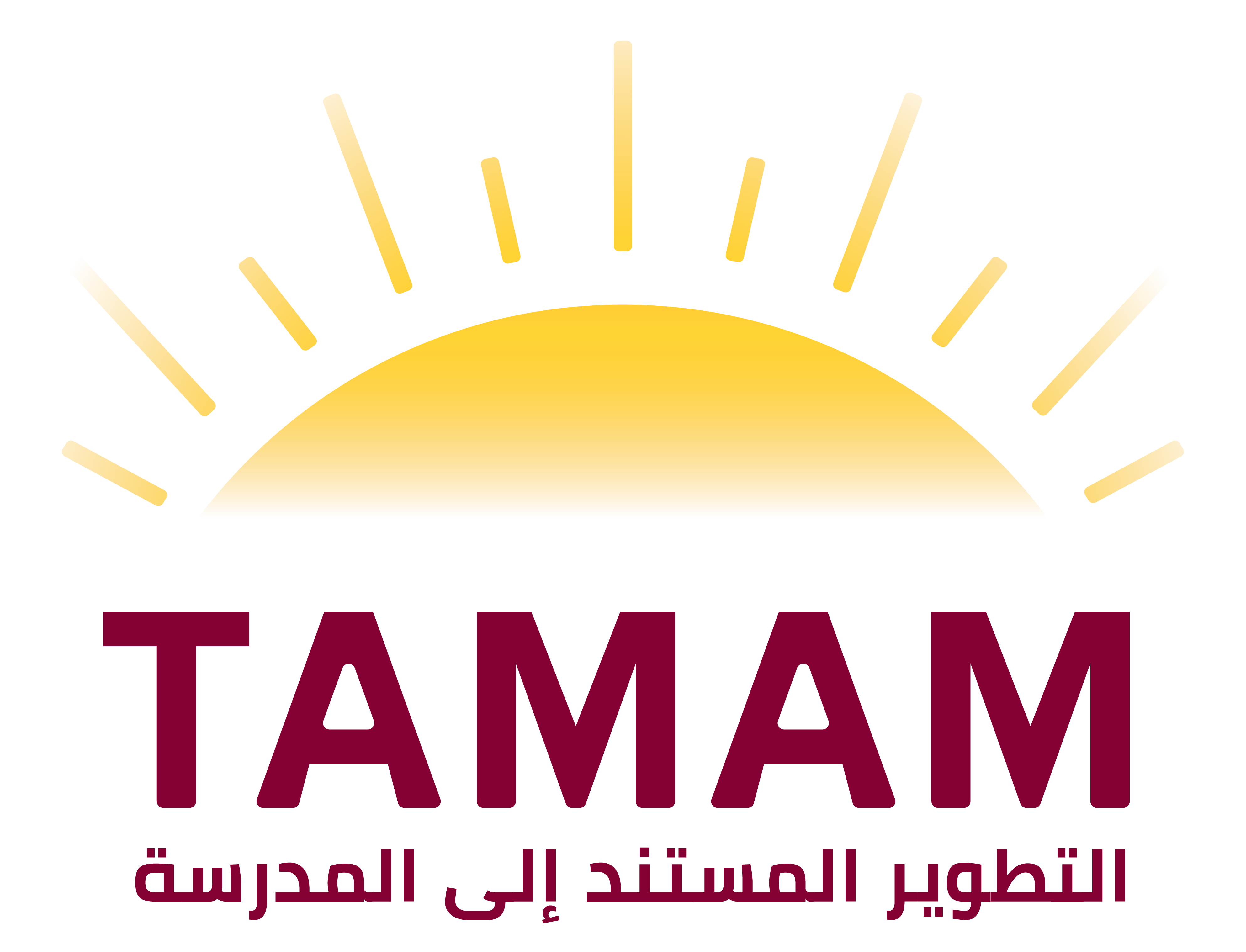BouJaoude, S., Karami-Akkary, R. & Khuri, F.R. (2016). The challenges of sustainable education in the Arab world: AUB’s current and future roles -Arab. In Saab, N. & Sadik, A. Arab Environment In A Changing Arab Climate (pp. 102-104). Published in the Report of the Arab Forum for Environment and Development (AFED).
Sustainable education in the Arab world is facing a growing challenge owing to a combination of economic and political factors that require urgent solutions. Consequently, higher education is becoming increasingly unaffordable for most people, worsening social cohesion and increasing economic disparity. Tuition increases have accelerated in recent years at many universities, including the American University of Beirut (AUB). All this puts the major not-for- profit universities in the region in danger of being transformed from places of sustainable intellectual distinction to places of indefensible economic elitism. There is also a shortage of research on educational reform in Arab countries. As such, educational reformers are bound to rely on an international knowledge base that offers solutions that do not respond to local, culturally grounded needs (El-Amine, 2005). This raises the question for the role of universities in the Arab state in education for sustainable development. Over 150 years, AUB has graduated the finest physicians, engineers, businesswomen and men, classicists, political innovators, nutritionists, and public health specialists in the region. AUB’s value to the region remains unquestionable as it recruits, trains, and graduates the very best and the very brightest. Yet, addressing this problem, complex as it may be, will require that AUB help provide new opportunities for future leaders to make a difference in Lebanon, in the region, and in the world. That is, the university has proposed piloting a national service and teaching model for higher education in Lebanon, coupled with a debt-forgiveness approach in collaboration with the government of Lebanon, to restrict the brain drain. Finally, as exemplified by its leadership in TAMAM, AUB must also be a leader in pedagogy. This will serve to build the educational foundations for students who desire an AUB education, but are not yet fully prepared for its rigorous curriculum when they graduate from high school.
Sustainable Arab Environment in a Changing Arab Climate – Dr. BouJaoude, Dr. Karami-Akkary & Dr. Khuri – 2016